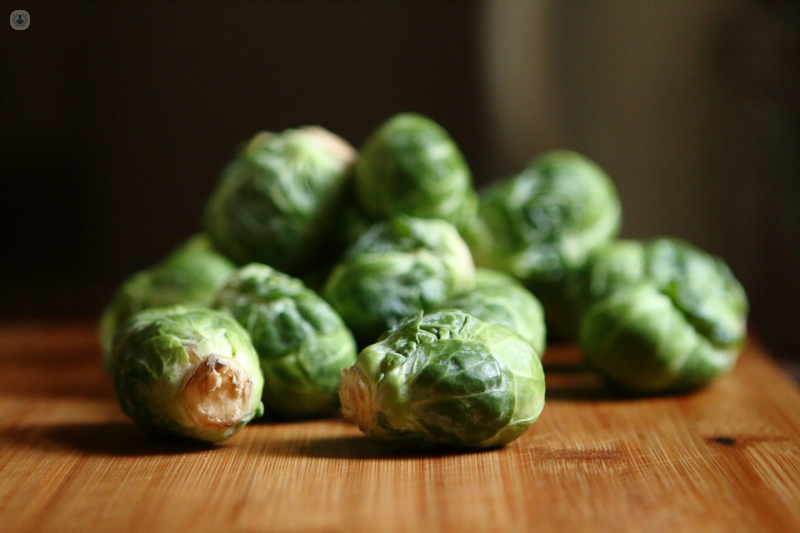Irritible bowel syndrome – can it be cured and why does IBS cause gas? Part 1
Written by:Irritable bowel syndrome (IBS) is a common digestive condition associated with bloating, abdominal pain, and irregular bowel movements. Top gastroenterologist Dr Michael Mendall provides all the answers you need to know about IBS – who is at risk and which foods to avoid.
Who usually gets irritable bowel syndrome?
This is a complex problem but generally seems to be getting more common. One of the reasons for this may be lack of exposure to infection during childhood in more recent times.

Many people have abdominal pain and irritable bowel syndrome ever since childhood, which can be related to emotional trauma during this period. For other people IBS begins in adulthood and can be triggered by food poisoning, exposure to antibiotics, any abdominal surgery, the development of obesity, acute stress, and drugs such as non-steroidal anti-inflammatory agents. For all of these causes, the brain and emotional state can influence who gets IBS and who does not, in response to these triggers. In many people the precise cause of IBS is unknown.
Many of these causes have in common that they cause subtle inflammation of the gut, which makes it more leaky, so people can develop immune reactions to food.

IBS as a joint hypermobility symptom
People with joint hypermobility (the medical term for being double-jointed) can also experience IBS symptoms. In joint hypermobility syndrome, the connective tissues of the body can weaken in addition to flexibility in the joints, and if the muscles that squeeze food along the digestive tract (peristalsis) weaken, irritable bowel syndrome can occur.
What foods cause irritable bowel syndrome and what else can cause IBS to flare up?
The things that often cause it to flare up can be drugs or infections, but there are foods to avoid with IBS. In general the worst kinds of food include wheat and gluten, as many people are sensitive to these. There are other foods called FODMAPs – types of sugar or starch that aren’t very well digested by most people. Examples of types of food that contain FODMAPs are onions, peas, legumes, milk, apples, pears, apricots, cauliflower, cabbage and sprouts, among others. The foods that trigger IBS flare-ups vary from person to person – no one is intolerant to the whole list!

If you are suffering from symptoms of IBS, you should consult your doctor or a specialist.
You can now read part 2 of Dr Mendall's interview here!


